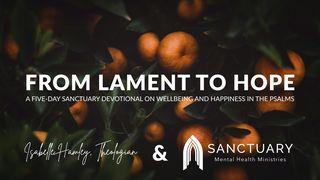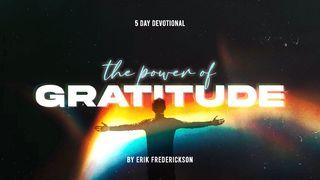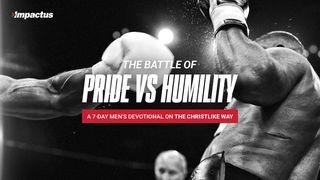Love And JusticeSample

Thus as we begin to ponder “justice” it behooves us to proclaim initially that we do not engage in “justice” simply because we want to be nice or acceptable people. Nor are we interested in justice because to be interested in justice is somehow in vogue in some corners of the world (interestingly, we might note that many of those so concerned about justice in the world do so from Western perspectives of privilege; I say this simply to resound the concern that our engagement in matters of justice must involve – or even revolve around – the voices arising from contexts where justice is denied, where creation and humanity do not flourish). We engage in justice, in shalom extension, as those who reflect the very God of a good creation, goodness spoken to humanity and indeed all things. To be truly human, then, is to do justice. In so doing, we reflect our creator. This is going to bear upon subsequent reflections throughout the biblical narrative.
This also may give us insight in to the marvel with which subsequent biblical authors meditate on the creation, for example in the Psalms of creation. In several Psalms (e.g. 8, 19, 139) the poet raises his eyes and looks at creation in its natural glory (Ps 19) and particularly in the wonder of humanity in our role as rulers (Psalm 8 and 139). From the perspective of justice, these creation psalms reverberate with the order and majesty so described in Genesis 1, and give poetic voice to the role of humanity in ruling justly over this creation.
A few further observations should be made about the creation narrative, which will come to bear upon our considerations the next few weeks. First, we note that in this first narrative in the Bible, God himself is the source of justice, of shalom, as stated above. So in our calling to follow Jesus in reflecting in our humanity and calling as agents of his justice in the world we really are recovering an original calling of humanity, fulfilled in the life, death and resurrection of Jesus Christ. We follow him as he is justice, as we see human flourishing in his earthly ministry, sacrificial death, and triumphant resurrection.
Second, and very importantly, the final day of the creation narrative is one of rest (Gen 2:2-3), and becomes the basis of the subsequent biblical legislation regarding the seventh day as a Sabbath (see Exod. 20:11). But more than being a day of inactive slumber, the Sabbath also reflects concerns of justice, of the less fortunate in the land enjoying the abundance, the flourishing of creation. Consider, for example, the legislation in Exod. 23:9-12. The pattern of the seventh day and the seventh year being one of “refreshing” all of creation (the land, animals, the poor and the foreigner) finds is roots in the creation pattern of six units of labor followed by a seventh of rest. Rest is not passive and inactive; rest is engagement in the acts of flourishing and justice.
And so, the biblical creation narrative sets out for us a wonderful picture of justice, of shalom. But something goes terribly wrong in the narrative, and the remainder of the biblical narrative is an expansive and comprehensive story of how God makes things not just right, restoring justice…but will make things even better through the work of Jesus Christ.
PRAYER: Lord, I want to enter into Your rest. Thank You for restoring justice through the work of Jesus Christ.
Scripture
About this Plan

What is “justice?” As we set out to explore what the Bible teaches about “justice,” we first need to back up and make sure we know what we are striving towards. As we begin to ponder what the Bible teaches about this rather nebulous idea, we must first make sure we have the right concept of what the Bible actually is.
More
We would like to thank Biblica for providing this plan. For more information, please visit: https://www.biblica.com/about/
Related Plans

Radical Relaxation: Your 5-Day Stress Release Plan

Debt-Free by 31: 3 Biblical Keys That Made It Happen

From Lament to Hope: Wellbeing and Happiness in the Psalms

The Power of Gratitude

The Battle of Pride vs. Humility

Lessons From Donkeys

Satan, You Can’t Rule My Emotions

Healing Family Relationships Through Forgiveness

Reconciling Grace
